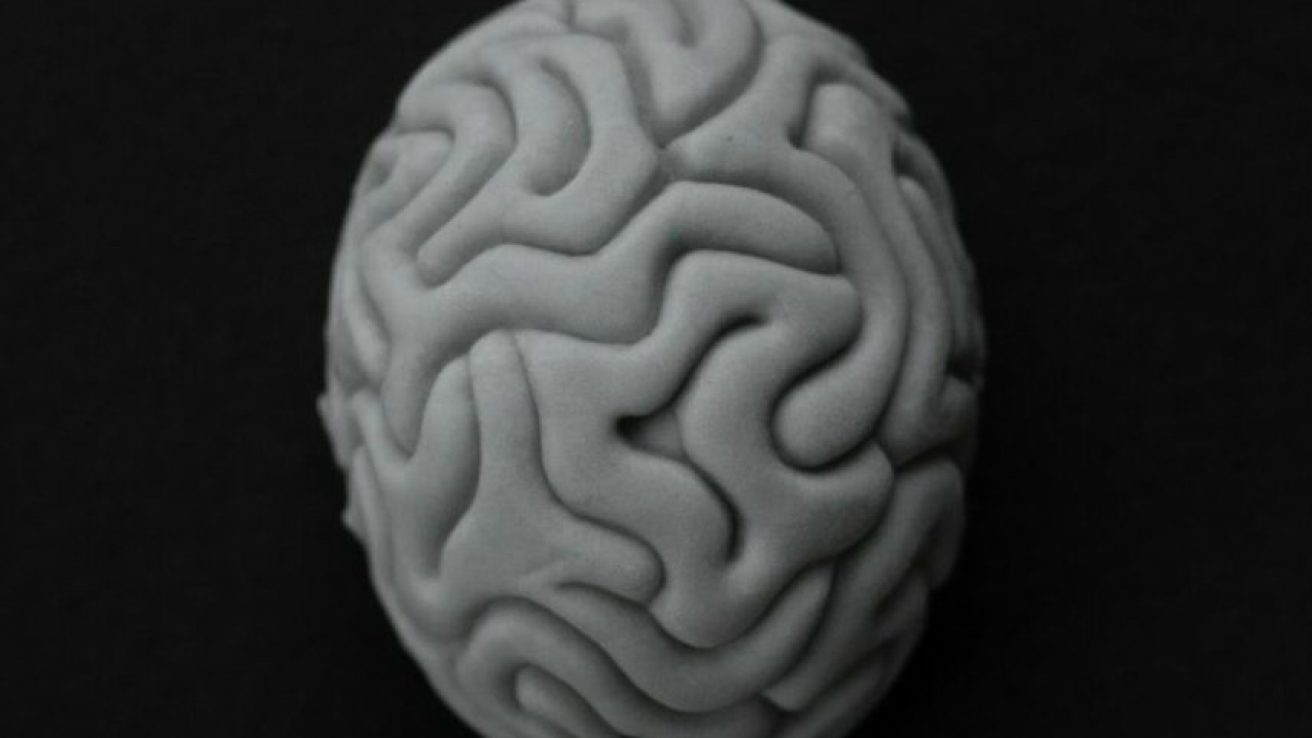Neurofeedback training for cancer patients improves affective symptoms but does not influence perceived cognitive impairment.
Neurofeedback, also known as EEG biofeedback, is an established therapeutic intervention that enables individuals to address changes in their brainwaves so as to influence their cognitive-emotional state. This randomized controlled trial evaluated the role of neurofeedback training in the psycho-oncological treatment of cancer patients. The study concluded that neurofeedback training improved affective symptoms but did not affect cancer patients’ cognitive impairment. The study findings are published in the Integrative Cancer Therapies.
Neurofeedback Training Altered Brain Wave Amplitude in Cancer Patients
The participants included in this trial were trained for theta-beta and alpha-band ratios. During the first and second alpha-band training, the participants demonstrated a significant increase to 8 Hz from 7 Hz during the initial 6 sessions. However, no significant changes were observed in theta-beta ratios.
Neurofeedback Training Didn’t Improve Fatigue or Cognitive Impairment
Neurofeedback training for cancer patients produced no significant changes in fatigue and perceived cognitive impairment. However, the study investigators observed significant changes in general anxiety, depression, and distress due to neurofeedback training and mindfulness therapy. Moreover, this study demonstrated no correlation between neurofeedback and rumination.
Neurofeedback Training Improved Health-Related Quality of Life and Self-Efficacy
This study demonstrated a significant improvement in the quality of life and self-efficacy of cancer patients; however, this was not observed in the mindfulness control group. This study also demonstrated that self-efficacy and quality of life are associated with one another.
This study demonstrated changes in frequency bands of brain waves in cancer patients receiving neurofeedback training. Neurofeedback training has no significant outcomes in fatigue and cognitive impairment but significantly decreases affective symptoms.
Source:
Fink, M., Pasche, S., Schmidt, K., Tewes, M., Schuler, M., Mülley, B. W., Schadendorf, D., Scherbaum, N., Kowalski, A., Skoda, E. M., & Teufel, M. (2023). Neurofeedback Treatment Affects Affective Symptoms, But Not Perceived Cognitive Impairment in Cancer Patients: Results of an Explorative Randomized Controlled Trial. Integr Cancer Ther, 22, 15347354221149950. https://doi.org/10.1177/15347354221149950






